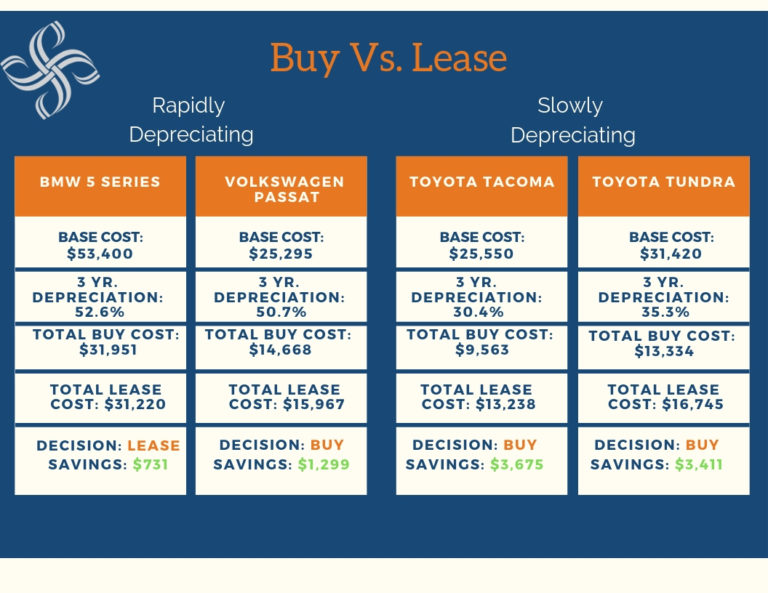What’s a 529 ABLE Account?
Achieving a Better Life Experience (ABLE) accounts are meant to provide tax savings when covering certain living expenses for people who are mentally or physically disabled prior to age 26. ABLE accounts began late in 2014 and have not yet become well known in the community or among many advisers I talk with. In an ABLE account, you can save around $15,000 annually, have Roth like taxation, and can still qualify for Federal disability benefits.
How Much Can I Save In An ABLE Account?
ABLE accounts are run by the state. And North Carolina has one of the best in terms of flexibility, investments, and cost. ABLE’s can receive transfers or be saved over time. If college is no longer an option then you could transfer a traditional 529 account into your 529 ABLE account. If you want to save, then there’s a $15,000 contribution limit per year per beneficiary. On top of that $15,000, the account beneficiary may work and contribute up to $12,060 of his or her own earned income. Bringing the total possible annual contribution to $27,060.
What Are The Advantages Of Using An ABLE Account?
Like the Roth, ABLE accounts don’t receive a deduction when contributions are made; however, earnings are tax-free upon withdrawal, if used for qualified expenses. Up to $100,000 of ABLE funds are excluded from the SSI resource limit of the designated beneficiary. Once beyond $100,000, assets will start to count against the SSI resource limit. However, contributions into ABLE accounts can continue until the cap of $450,000 (in NC) is reached. At which point you can no longer contribute to your 529 ABLE account. Regardless of account balance, you can maintain Medicaid eligibility.
Who Qualifies?
A beneficiary must be disabled before his or her 26th birthday, and one of the following conditions must be met:
- A beneficiary must be eligible for social security income for disability or blindness.
- A beneficiary must experience blindness as determined by the Social Security Act or be entitled to disability insurance benefits.
- A beneficiary must have a similarly severe disability, with a written diagnosis from a licensed physician.
Beneficiaries must have a written disability-related diagnosis signed by a physician and must self-certify one of the following:
- Blindness as defined by the Social Security Administration (SSA)
- Medically determinable physical or mental impairments with severe functional limitations that have lasted or are expected to last at least 12 continuous months or result in death
What Are Qualified Disability Expenses?
ABLE accounts have one of the most flexible definitions of a qualified expense I’ve ever seen. Qualified expenses are…
- Education
- Health and wellness
- Housing – mortgage, property taxes, rent, heating fuel, gas, electricity, water, sewer, and garbage removal
- Transportation
- Legal fees
- Financial management
- Employment training and support
- Assistive technology
- Personal support services
- Oversight and monitoring
- Funeral and burial expenses
- Basic living expenses
Unqualified Distributions
In the unlikely event that a distribution doesn’t fall under the broad umbrella above, you must then pay income taxes on the earnings portion of the withdrawal as well as pay a 10% tax penalty. Contributions aren’t taxed if part of an unqualified distribution but are penalized.
Medicaid Reimbursement
One thing to be wary of is what happens to this account when you die. Once the designated beneficiary passes away, the funds remaining in the ABLE account will become accessible to Medicaid. After payment of all outstanding qualified disability expenses, Medicaid will reimburse itself for the benefits paid to the designated beneficiary over his or her lifetime.
What’s The Cost?
ABLE accounts are affordable, especially when compared to a special-needs trust. Fund fees range from 0.3-0.4% along with a $15 quarterly maintenance fee. Discounts are available if e-documents are preferred which will qualify you for a massive $3.75 discount on your quarterly fee. Keep in mind that you will need to recertify annually, which will cost a little time.
Where Do I Sign Up?
If this sounds like a tool that would be useful to you or someone you know, I would recommend sharing your newfound knowledge and pushing them towards the North Carolina sign up website to learn more. As always, let us know if you have any questions or comments.








